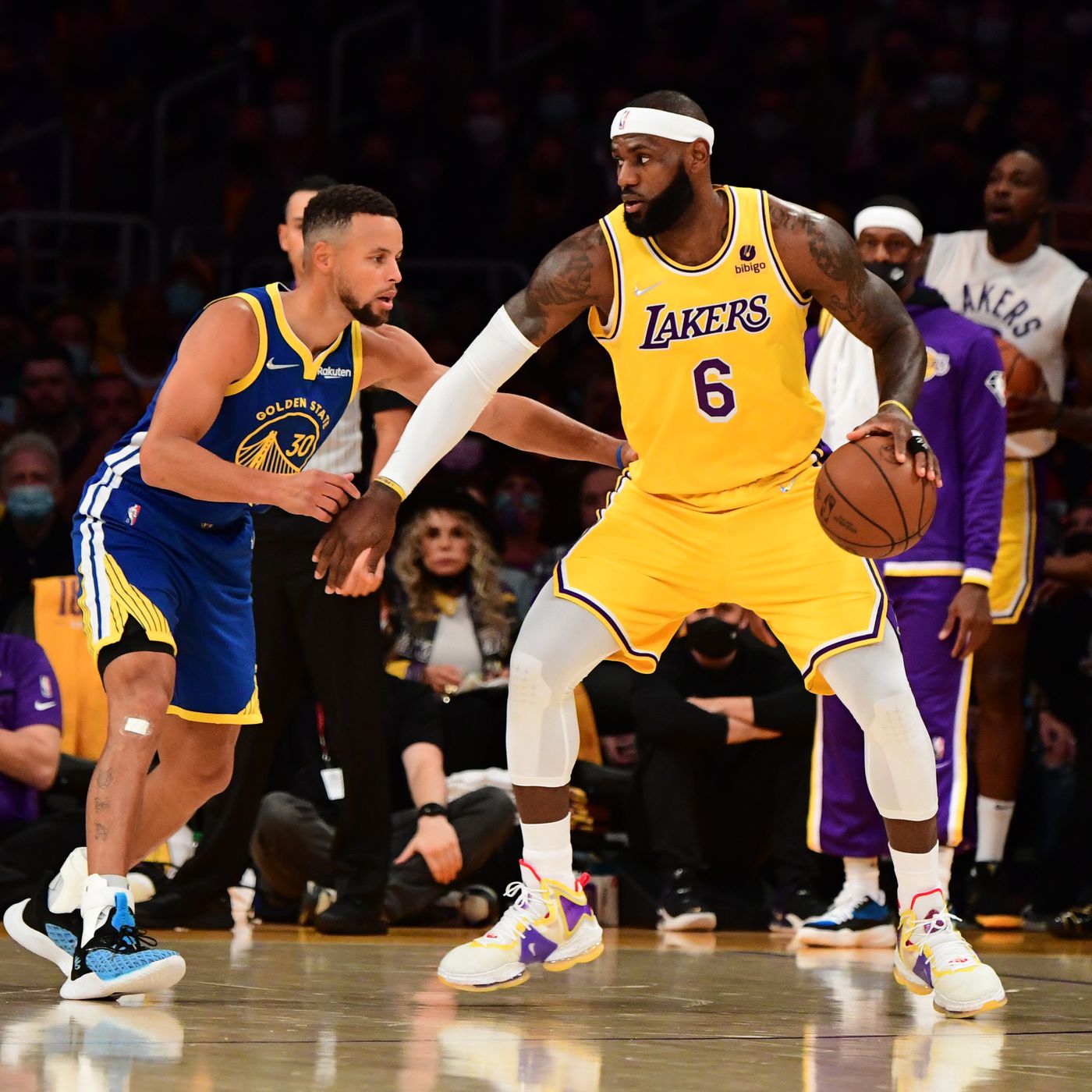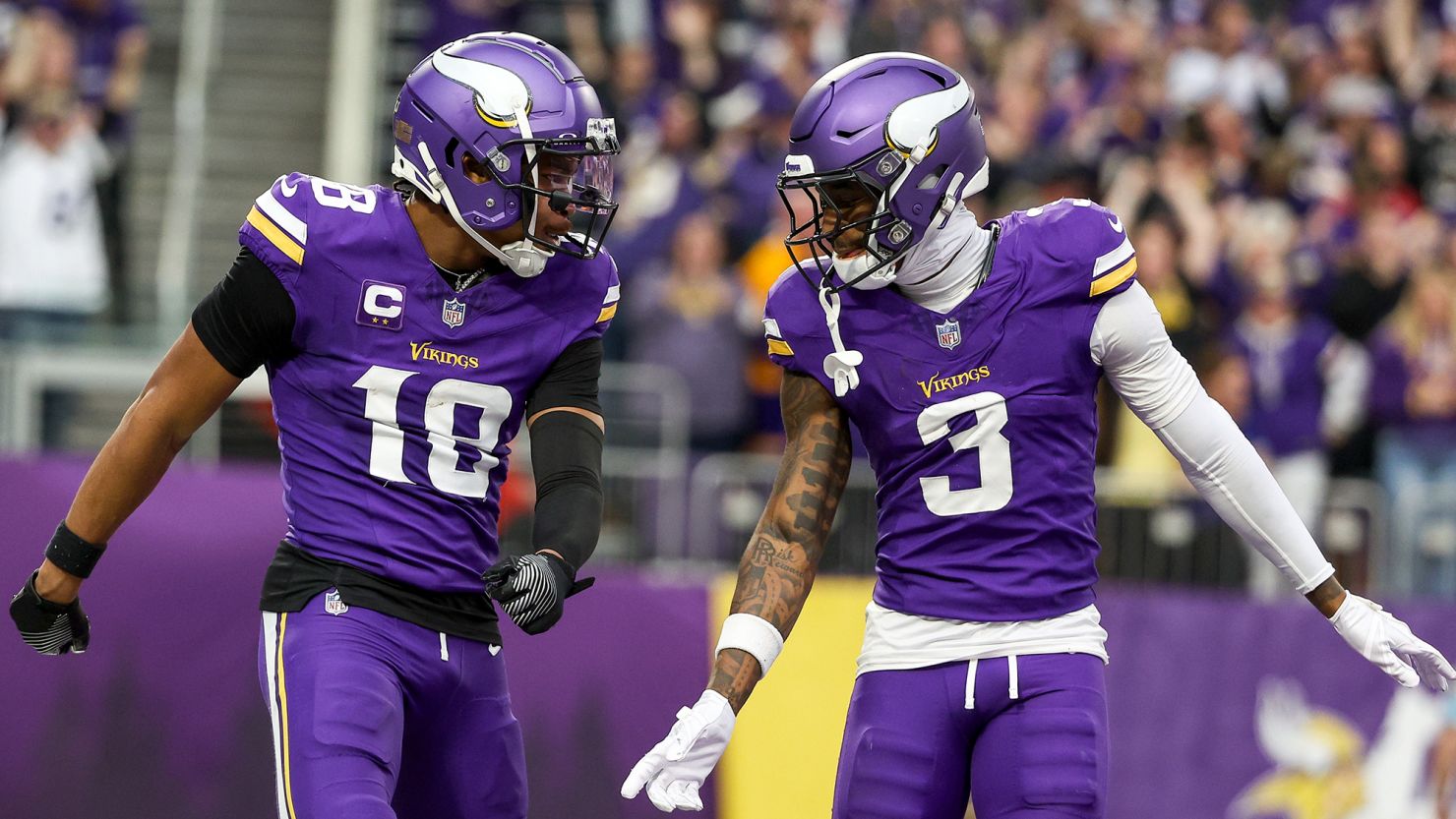In a bold and strategic declaration, George Aivazoglou, Managing Director of NBA Europe and Middle East, has identified the United Kingdom as the “single biggest opportunity” for the growth of basketball across Europe. While the NBA’s global ambitions are well-documented, its focus on the UK signals a new phase of expansion that could reshape the sport’s commercial and developmental landscape in the region.
UK: High Participation, Low Infrastructure
According to Aivazoglou, basketball is already the second most popular sport among children aged 12 and under in the UK in terms of participation. Yet, despite this grassroots enthusiasm, the sport has failed to translate its popularity into a thriving professional ecosystem.
The reasons are clear:
- Limited infrastructure
- Shortage of elite-level coaching
- Absence of a competitive domestic league
- Lack of visible local stars
These barriers have stunted basketball’s progression beyond the youth level and created a commercial ceiling that the NBA now appears determined to break.
Franchise Ambitions: London and Manchester Targeted
To overcome these hurdles, Aivazoglou envisions a future where franchise-style teams in London and Manchesterbecome the anchors of UK basketball. These cities are not just population hubs; they are cultural and commercial centers that could attract talent, investment, and global attention.
This model mirrors the NBA’s franchise success in the U.S., aiming to create professional pathways and regional fan loyalty that’s currently missing in UK basketball.
NBA & FIBA: Building a European League
Beyond national efforts, Aivazoglou confirmed that the NBA, in collaboration with FIBA, is exploring the launch of a pan-European professional basketball league. The league would potentially consist of 16 teams, including 12 permanent franchises, with the UK likely playing a central role in this ecosystem.
Such a move could emulate the success of the UEFA Champions League in football — combining elite talent, city-based loyalty, and multinational commercial appeal under one umbrella.
Infrastructure Investment on the Horizon
In tandem with franchise development, the NBA is actively working with arena developers across Europe to build modern, basketball-specific venues. These would serve not just as match-day arenas but as commercial and community hubs — elevating the visibility of the sport and improving the fan experience.
The UK, with its robust urban infrastructure and event-hosting legacy (including multiple NBA games at London’s O2 Arena), stands as a prime candidate for these developments.
Editorial Insight: Why the UK, and Why Now?
The NBA’s pivot to the UK is both logical and overdue.
From a commercial standpoint:
- The UK offers a stable media environment, high disposable incomes, and a strong corporate sponsorship culture.
- English is the NBA’s primary language of communication, reducing market friction.
- Basketball resonates with urban youth culture, fashion, and music — all areas where the UK thrives.
Yet, what truly makes the UK compelling is its untapped potential. Basketball has not yet peaked in popularity, meaning the NBA can shape its narrative and structure — rather than compete with legacy systems as it does in football.
The NBA’s model of elite talent, global storytelling, and entertainment-first branding fits the UK’s consumer preferences. Add in the multicultural makeup of cities like London, and the NBA has a cultural match unlike any other in Europe.
The Big Opportunity
The formation of UK-based franchises and integration into a wider European league represents a transformational shift— not just for British basketball, but for how global leagues localize their presence.
If successful, this could:
- Establish a new commercial pillar for the NBA.
- Spark a renaissance in grassroots-to-pro development in the UK.
- Reframe Europe as a serious player in global club basketball.
Final Take
The UK has long flirted with basketball, but it’s lacked the system to truly fall in love with the sport. With the NBA’s renewed commitment — through investment, infrastructure, and strategic league partnerships — the court is set for a long-overdue evolution.
This isn’t just expansion. It’s a reset — and possibly the start of basketball’s next global stronghold.
IMAGE – Getty Images


